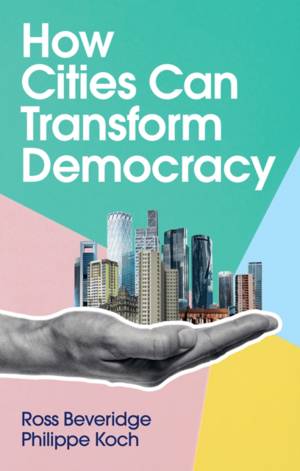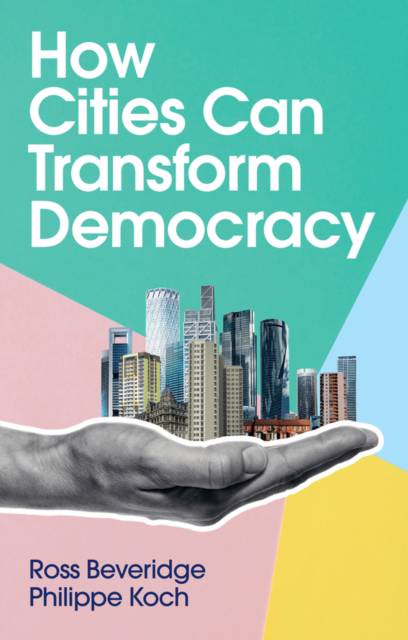
- Retrait gratuit dans votre magasin Club
- 7.000.000 titres dans notre catalogue
- Payer en toute sécurité
- Toujours un magasin près de chez vous
- Retrait gratuit dans votre magasin Club
- 7.000.000 titres dans notre catalogue
- Payer en toute sécurité
- Toujours un magasin près de chez vous
Description
We live in an urban age. It is well known that urbanization is changing landscapes, built environments, social infrastructures and everyday lives across the globe. But urbanization is also changing the ways we understand and practise politics. What implications does this have for democracy?
This incisive book argues that urbanization undermines the established certainties of nation-state politics and calls for a profound rethinking of democracy. A novel way of seeing democracy like a city is presented, shifting scholarly and activist perspectives from institutions to practices, from jurisdictional scales to spaces of urban collective life, and from fixed communities to emergent political subjects. Through a discussion of examples from around the world, the book shows that distinctly urban forms of collective self rule are already apparent. The authors reclaim the 'city' as a democratic idea in a context of urbanization, seeing it as instrumental to relocating democracy in the everyday lives of urbanites.
Original and hopeful, How Cities Can Transform Democracy compels the reader to abandon conventional understandings of democracy and embrace new vocabularies and practices of democratic action in the struggles for our urban future.
Spécifications
Parties prenantes
- Auteur(s) :
- Editeur:
Contenu
- Nombre de pages :
- 200
- Langue:
- Anglais
Caractéristiques
- EAN:
- 9781509545995
- Date de parution :
- 27-12-22
- Format:
- Livre broché
- Format numérique:
- Trade paperback (VS)
- Dimensions :
- 137 mm x 213 mm
- Poids :
- 136 g







